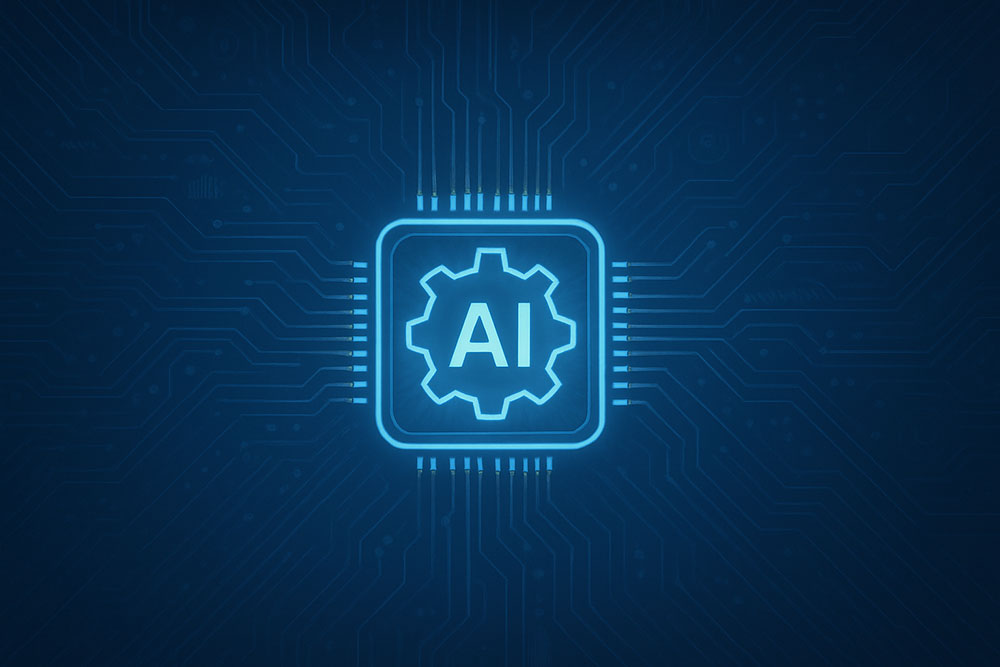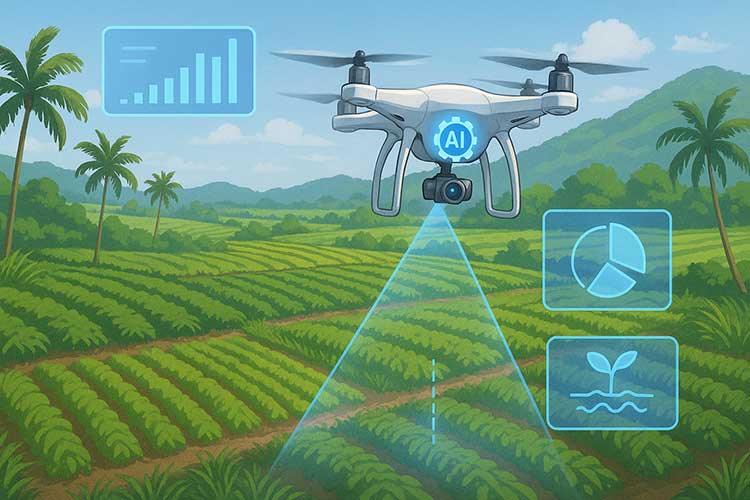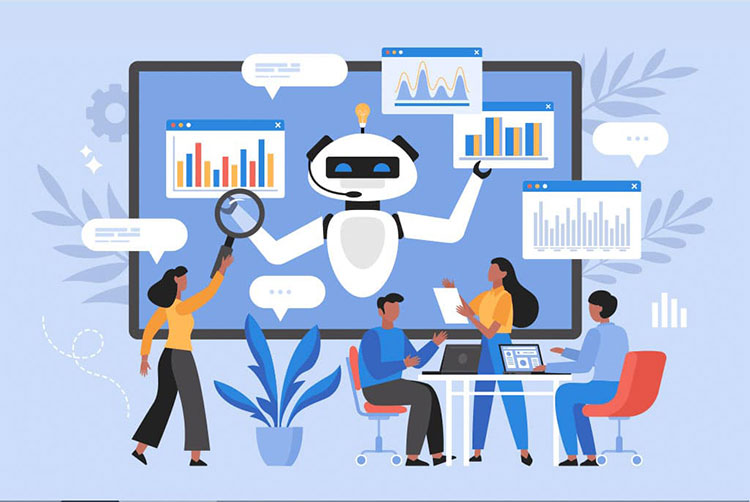In the age of artificial intelligence (AI), even the smallest nations have a powerful opportunity to redefine their economic trajectory. For small developing island states like St. Kitts and Nevis, AI isn’t just a buzzword—it’s a pathway to resilience, innovation, and inclusive growth. Here’s how.
Why AI Matters for Small Island States
Small island developing states (SIDS) often face unique challenges. AI offers tools that can help overcome these hurdles, especially when used strategically in key sectors.
Smart Agriculture & Climate Resilience
AI can revolutionize agriculture even on small plots of land. For example:
– Drone imaging and AI analysis can detect crop diseases early.
– Machine learning models can predict weather patterns and optimize planting schedules.
– Precision agriculture tools can reduce water and fertilizer usage.
This translates into better yields, less waste, and greater food security.
Sustainable & Personalized Tourism
Tourism is the backbone of many island economies. AI can enhance this sector by:
– Predicting visitor trends to help plan infrastructure.
– Personalizing travel experiences using AI chatbots and recommendation engines.
– Dynamic pricing algorithms to optimize revenue from accommodations and events.
A virtual concierge powered by AI could greet travelers upon arrival and curate their island experience in real time.
Remote Work & Digital Services Economy
St. Kitts could position itself as a remote work haven and digital service hub. By investing in:
– High-speed internet infrastructure
– Co-working spaces and innovation labs
– Incentives for tech startups and remote workers
AI can also enable new service industries, like:
– AI-powered telemedicine platforms
– Virtual education with adaptive learning systems
– Local BPO services using AI tools for translation and transcription
Smarter Governance & Public Services
AI can streamline government operations and public services:
– Fraud detection in public finance
– Predictive maintenance for public infrastructure
– AI-assisted disaster planning and emergency response
Example: A chatbot for citizen services can reduce wait times and improve accessibility.
Education and Workforce Readiness
To reap AI’s benefits, education must evolve:
– Introduce AI literacy in schools and colleges.
– Provide reskilling programs in data entry, machine learning basics, and customer support for AI systems.
– Partner with global institutions for online certifications and remote internships.
Getting Started: Small Steps, Big Impact
For St. Kitts, the journey into AI doesn’t require billion-dollar investments. Instead:
– Start with pilot projects in tourism or agriculture.
– Collaborate regionally within CARICOM to share data and tools.
– Create policies that balance innovation with data privacy and ethics.
The Global Opportunity
As AI becomes ubiquitous, countries that act early will gain an edge. With its natural beauty, growing infrastructure, and international ties, St. Kitts is well-positioned to lead among island nations.
By embracing AI, it can transform not just its economy, but the quality of life for its citizens—setting a powerful example for other small nations around the globe.



